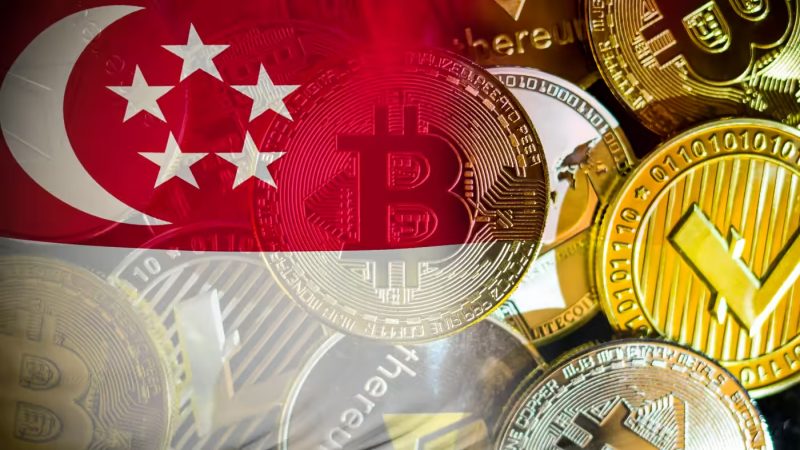Singapore is cementing its position as Asia’s premier cryptocurrency and blockchain hub, thanks to its innovation-friendly regulatory framework and a significant increase in digital asset licenses issued in 2024. This approach has made Singapore a prime destination for Web3 companies and blockchain innovation.
A “Risk-Adjusted” Approach to Crypto Regulation
Singapore’s regulatory approach balances investor protection with fostering innovation. William Croisettier, chief growth officer of ZKcandy, explained, “The country adopts a risk-adjusted approach to crypto regulation, focusing on major digital currencies while offering clear pathways for crypto firms to partner with local banks—a rarity in other regions.”
A December 2024 study by ApeX Protocol highlighted Singapore’s dominance in blockchain-related metrics:
- Blockchain Patents: 1,600, the highest in Asia.
- Industry Jobs: 2,433 crypto-related positions.
- Crypto Exchanges: 81 operating within the country.
This makes Singapore a standout leader in the blockchain space, especially given its population of fewer than 6 million people. Hong Kong, the closest competitor, ranked second with 890 patents, 1,163 industry jobs, and 52 exchanges.
Doubling of Crypto Licenses in 2024
Singapore’s regulatory environment has become even more attractive following the Monetary Authority of Singapore’s (MAS) decision to issue 13 Major Payment Institution (MPI) licenses to crypto exchanges in 2024. This figure more than doubled from the previous year, reflecting the country’s commitment to supporting blockchain innovation.
In 2023, Singapore had granted only four MPI licenses to major players like Blockchain.com, Coinbase, Crypto.com, and Ripple. The surge in licenses in 2024 further solidifies its position as a global blockchain leader.
Mouloukou Sanoh, CEO of MANSA, stated, “With its clear regulations and support for innovation, Singapore attracts top companies and talent. This proactive stance signals a strong commitment to digital finance, contrasting with Hong Kong’s more cautious approach.”
Competition from Hong Kong
While Singapore is surging ahead, Hong Kong remains a key player in Asia’s crypto landscape. In April 2024, Hong Kong approved its first Bitcoin ETFs, a major milestone in its regulatory progress. However, Hong Kong’s more measured approach contrasts with Singapore’s aggressive drive to attract crypto companies.
Singapore’s tally of fully licensed crypto exchanges—13 in 2024—far outpaces Hong Kong’s seven fully licensed exchanges, emphasizing the differing levels of regulatory support between the two hubs.
